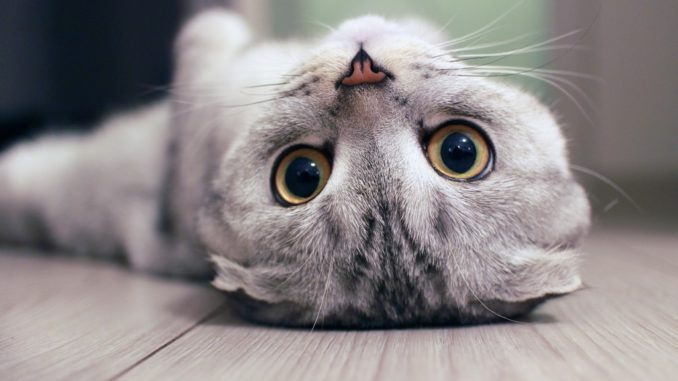
Does your cat’s pee smell more awful than usual? Does he suddenly begin wetting your carpet instead of using his litter box? If he’s acting up lately, then there must be something wrong.
Several problems can affect a cat’s lower urinary system, which prevents his bladder from emptying properly. Some issues can even cause their urethra to get blocked. This passageway connects the bladder to the outside of the cat’s body.
Very often, a cat can suffer from Feline Lower Urinary Tract Disease or otherwise known as FLUTD. But it’s not the only culprit that causes your cat to experience health problems.
Primary causes of lower urinary tract infection in cats
There are several reasons a cat can suffer from FLUTD. Some experience debris, stones, or crystal accumulation in their bladder area. Meanwhile, others experience urethral plug because of the collection of foreign bodies found in their urine.
Bladder infection or inflammation can also cause them to suffer from lower urinary tract issues. Poor or inconsistent access to water or a weak bladder can also result in FLUTD.
Their mental state can affect their health as well. Stress can cause cats to suffer from urinary tract problems. Spinal cord issues, as well as a congenital abnormality, can also result in the same problem.
FLUDT rarely happens in animals that are below one year of age. However, it often happens in cats that are four years old. Male cats are more prone to develop urethral blockages. That’s because they often have narrower urethras, which make it challenging to get rid of any foreign bodies present in their urine.
Primary symptoms of lower urinary tract problems
Signs and symptoms of FLUTD among cats can vary depending on its severity. But most cats who have this kind of problem often suffer from the inability to urinate. There are also times when they’re only passing a small amount of urine. Some cats even lose their bladder control and would sometimes experience dribbling urine. That’s why some cat owners would often see cat stains in their carpets more frequently than usual. These cat stains often have a strong odor of ammonia, which can be difficult to remove. That’s why most people in Atlanta and other places often reach out to an experienced carpet cleaner to remove it.
Some cats also cry out in pain when they try to pass urine. That’s why they fear to go to the litter box because they often associate it with pain. Cats who have FLUTD also suffer from lethargy and vomiting.
Treating lower urinary tract problems

Once the veterinarian has a diagnosis of the problem, he will advise that your cat take a few treatments to help him recover from the disease. Aside from antibiotics, the veterinarian will also suggest changing your cat’s diet. Increase in water intake is also a must to expel the small stones from their urethra. But if the stones are impossible to remove, then your cat will need to undergo surgery to remove the bladder stones. Surgery is also a must if your cat has any congenital abnormality that needs correction.
If left untreated, your cat can suffer from kidney failure. So, if you see any sign of problems, it’s best to go to the veterinary clinic immediately.
